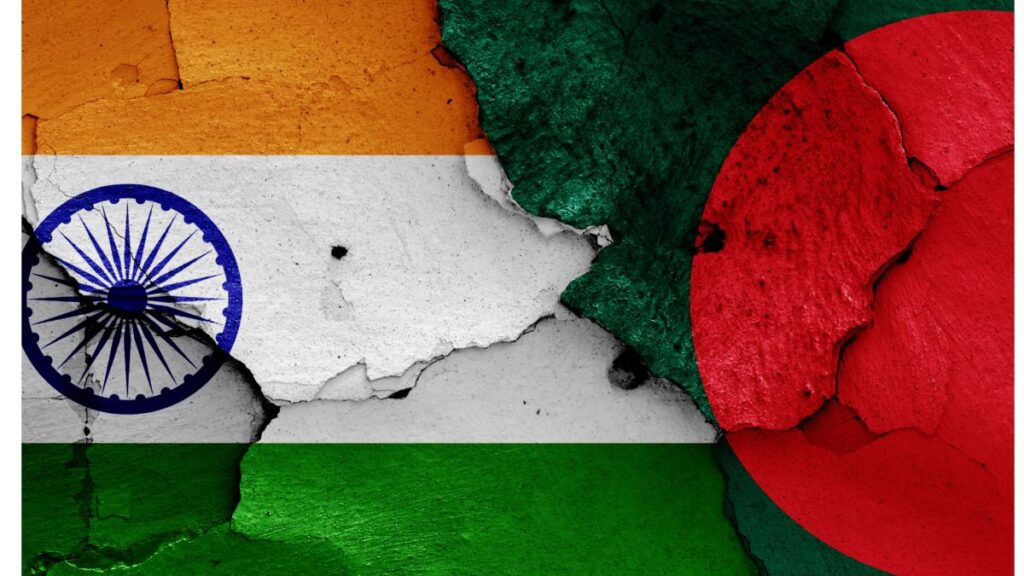India has imposed port restrictions on the import of specific goods, including readymade garments and processed food items, from Bangladesh. This move follows similar curbs placed by Dhaka on certain Indian products last month. According to a notification by the Directorate General of Foreign Trade , these port restrictions will not apply to Bangladeshi goods transiting through India but destined for Nepal and Bhutan.
The Indian government’s decision comes after Bangladesh’s National Board of Revenue implemented a ban on the import of several products from India, Nepal, and Bhutan. The banned items from India include duplex board, newsprint, kraft paper, cigarette paper, fish, yarn, potatoes, powdered milk, tobacco, radio and TV parts, bicycle and motor parts, Formica sheets, ceramicware, sanitaryware, stainless steelware, marble slabs and tiles, and mixed fabrics. The NBR’s directive, issued under Section 8 of the Customs Act, 2023, aims to protect local industries and prevent illegal practices such as re-export or rerouting of goods.
The trade tensions between the two countries have been escalating over the past month. In April, India withdrew the transshipment facility that allowed Bangladesh to export goods to third countries via Indian land customs stations, citing significant congestion at airports and ports. This facility, provided since June 2020, had enabled smooth trade flows for Bangladesh’s exports to countries like Bhutan, Nepal, and Myanmar. The withdrawal of this facility has disrupted Bangladesh’s export and import logistics, which depended on Indian infrastructure for third-country trade.
Bangladesh’s interim government has also taken steps to reduce its dependency on Indian imports. The country has been exploring alternative sources for importing essential goods like potatoes and onions, traditionally sourced from India. The Bangladesh Trade and Tariff Commission has identified Germany, Egypt, China, and Spain as potential alternatives for potato imports, while China, Pakistan, and Turkey have been recommended for onion imports. These measures aim to stabilize the price and supply of these commodities in the Bangladeshi market.
The escalating trade restrictions have raised concerns about the impact on regional trade dynamics. The withdrawal of India’s transshipment facility has disrupted logistics chains for landlocked countries like Nepal and Bhutan, which relied on Indian territory for trade access to Bangladesh. Additionally, the ban on Indian goods by Bangladesh is expected to disrupt supply chains for Bangladeshi manufacturers, potentially leading them to source from other countries like China or Vietnam.




 India’s D4 System Emerges as Key Defence Against Drone Incursions
India’s D4 System Emerges as Key Defence Against Drone Incursions 